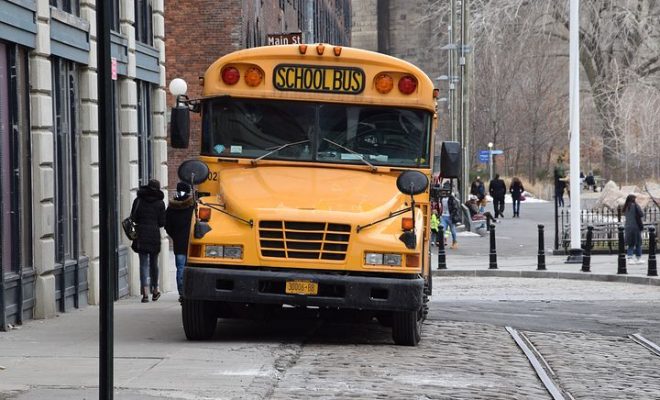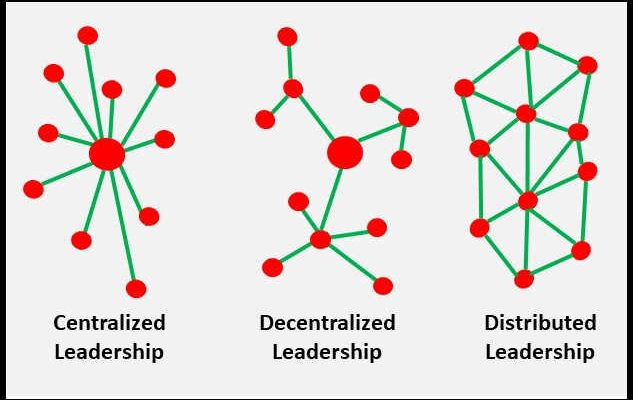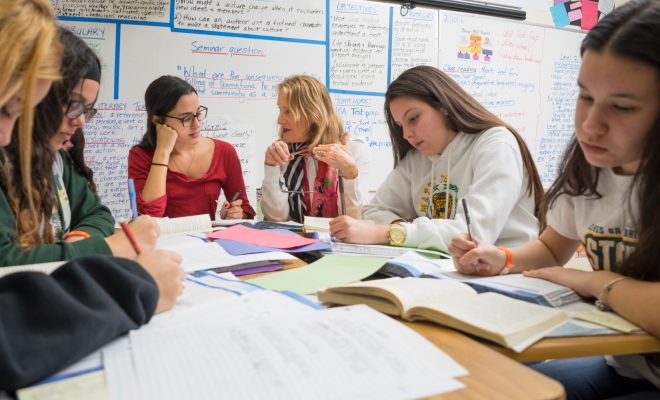Zero Tolerance Policies in K-12 Schools: Examining the Pros and Cons

Zero tolerance is a popular term used to designate (and promote) school policies that address incidents of drug or weapon possession with automatic suspension or expulsion. A zero-tolerance system requires school officials to hand down specific, consistent, and harsh punishment—usually suspension or expulsion—when students break specific rules. The penalty applies regardless of the circumstances, the reasons for the behavior (like self-defense), or the student’s history of discipline problems. That’s why some critics call these policies “one strike, and you’re out.”
Let’s look at some of the pros and cons of zero tolerance policies in K-12 schools. By doing so, we hope to educate our readers on the true impact of this inequitable education policy.
Pros
May be required by law. In some instances, offenses like weapons possession, drug possession, aggravated assault, etc., must be met with harsh and swift punishment. These infractions constitute serious crimes, and the students involved may be a threat to others in their community. Schools must report infractions involving violence and drugs to the police, who, in turn, prosecute these students as juveniles. In many states, the aforementioned infractions require immediate expulsion, regardless of how the school district feels.
Aim to keep kids safer. The good thing about these policies is that they aim to keep students safe. By expelling students who cause physical harm to others or sell drugs on school property, it is believed that the rest of the student body will be safer. In theory, this sounds good, but in practice, it is full of imperfections and inequity.
Prepares children for the real world. Do zero tolerance policies prepare students for the real world? Yes, if by the real world, you mean a world in which people of color are policed and disciplined at a higher rate than other citizens.
Cons
Involves favoritism. School districts across the U.S. extoll the virtue of equity and anti-racism, but in practice, the opposite is true. Children of color are more likely to be expelled or suspended from school than their white counterparts, even if they both commit the same infraction. Zero tolerance policies are applied more harshly to black and brown kids, again, even if they commit the same infraction.
Students banned from school face risks at home without supervision. When schools expel students, the vast majority of them end up a home unsupervised. Instead of being at school being educated, many are roaming their neighborhoods, with no adult guidance. I don’t think I have to explain to you what a recipe for disaster this is.
Physical altercations between kids are developmentally appropriate and not a sign of delinquency. I know it sounds crazy for someone to argue that aggression and physical altercations are developmentally appropriate, but they are. Because of this, it doesn’t seem fair to expel students for getting into a physical altercation. Remember, our student’s brains are still developing, and this doesn’t stop until they are in their 20s. If you mix the propensity for teenagers to make poor decisions, along with teenage emotions and hormones, physical and verbal altercations are bound to occur. Should we tolerate physical violence in our schools? No. However, instead of expelling students, we can teach them mindfulness techniques that help them deal with negative emotions.
What do you think? Do the pros of zero tolerance policies outweigh the cons? Leave your thoughts in the comment section below.



